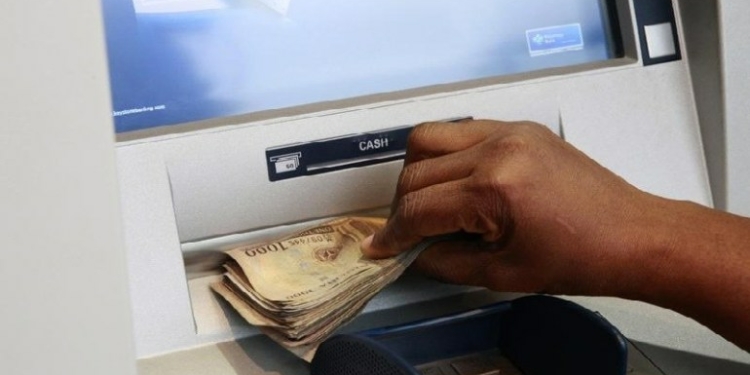The Central Bank of Nigeria, CBN, has said customers making cash deposits or withdrawals will pay charges beginning from today in line with its new policy.
The objective of the “transaction fees” is to give vent to the Central Bank’s policy designed to reduce cash in use.
CBN Payments System Management Department Director Sam Okojere on Tuesday announced the take-off of the charges in a statement.
“The transactions will attract three per cent processing fees for withdrawals and two per cent processing fees for lodgments above N500, 000 for individual accounts.
“Corporate accounts will attract five per cent processing fees for withdrawals and three per cent processing fee for lodgments above N3 million.
“The charges will, however, only apply in Lagos, Ogun, Kano, Abia, Anambra, Rivers and the Federal Capital Territory (FCT),” he said.
Okojere said the implementation of the cash-less policy nationwide would take effect from March 31, 2020.
Also to further promote the cashless economy and to enhance the collection of applicable government revenues, the CBN announced a review of the process for merchant settlement.
The regulator has, effective today, approved for banks to unbundle merchant settlement amounts and charge applicable taxes and duties on individual transactions as stipulated by regulations.
Okojere announced a downward review of the Merchant Service Charge (MSC) from 0.75 per cent capped at N1,200 to 0.50 per cent capped at N1,000.
“The cash-less policy provides safe and efficient mechanisms for making and receiving payments with minimum risks to the CBN, payment service providers and end-users.
“The cashless payment is catching on to the extent that even the lowly members of the society now do transactions online.
“Without this policy, Nigeria cannot be integrated into the world’s financial system,” the statement read.
Pushing for the full use of the online payment system, the apex bank said for Nigeria to actively play at the world stage, “our payment system must be successfully benchmarked against the global best practices, as in most developed nations of the world.”




Discussion about this post